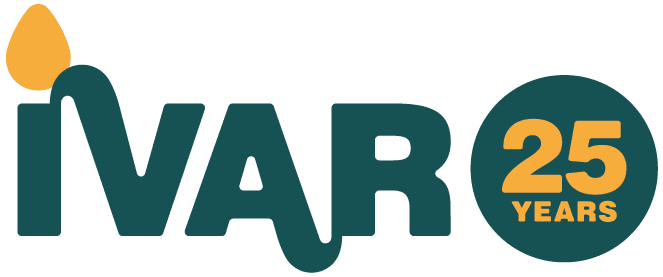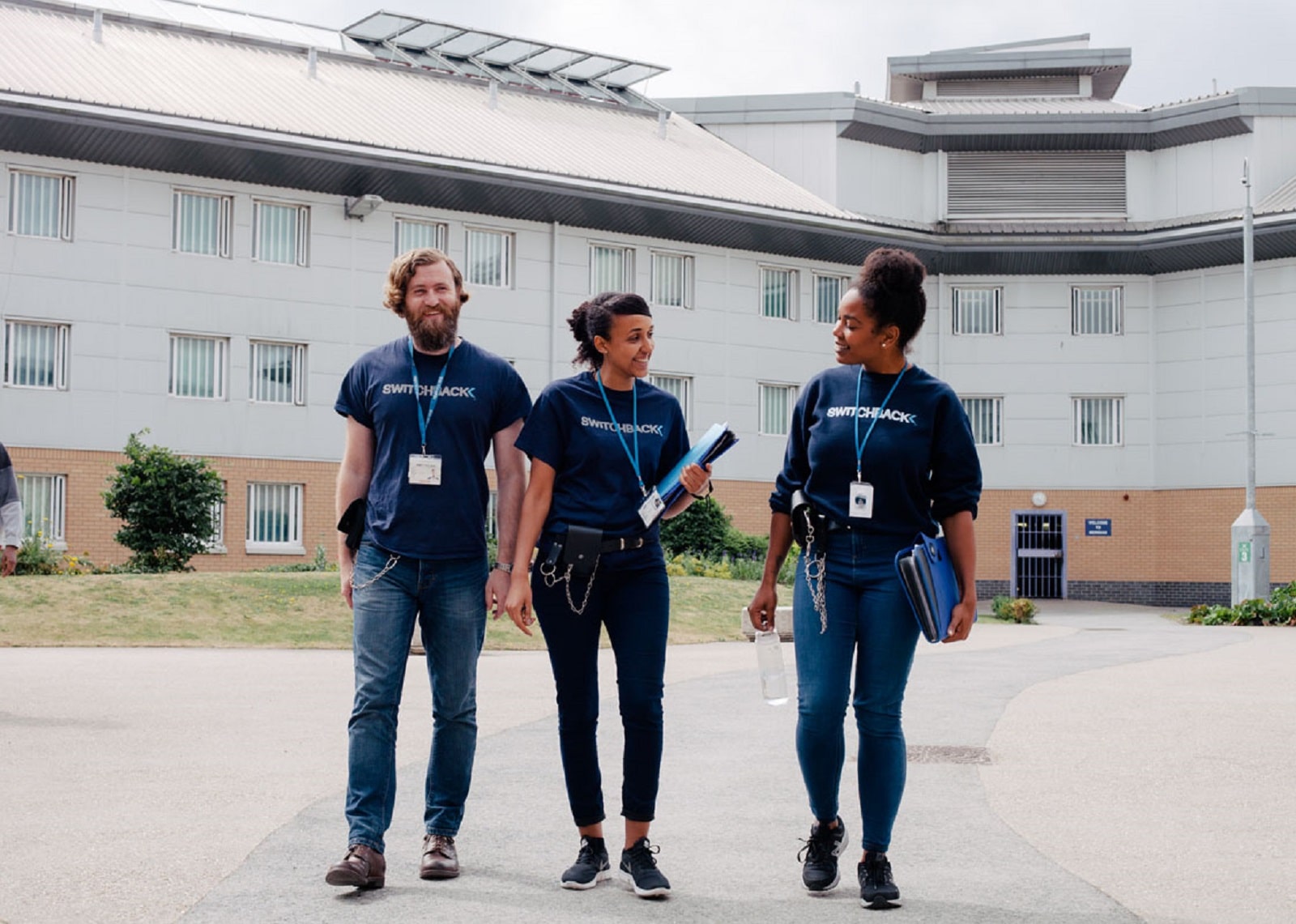
Power and equity
Explore approaches to addressing power and equity in the work of charities, foundations and public agencies.
Since IVAR was founded in 2000, we have supported those furthest from power to influence decision-making. Bringing in more and different voices, and letting people speak for themselves, is a fundamental principle of action research.
This activity feels increasingly political. We, and many of the organisations we work with, are questioning who should hold space, how and when to involve people with direct experience, and how to authentically move towards equity.
This page shares how we’re approaching these issues at the moment. We hope to build on it further with thoughts and ideas from different perspectives, as we all grapple with what power and equity mean for our work.
How we’re working on power at IVAR
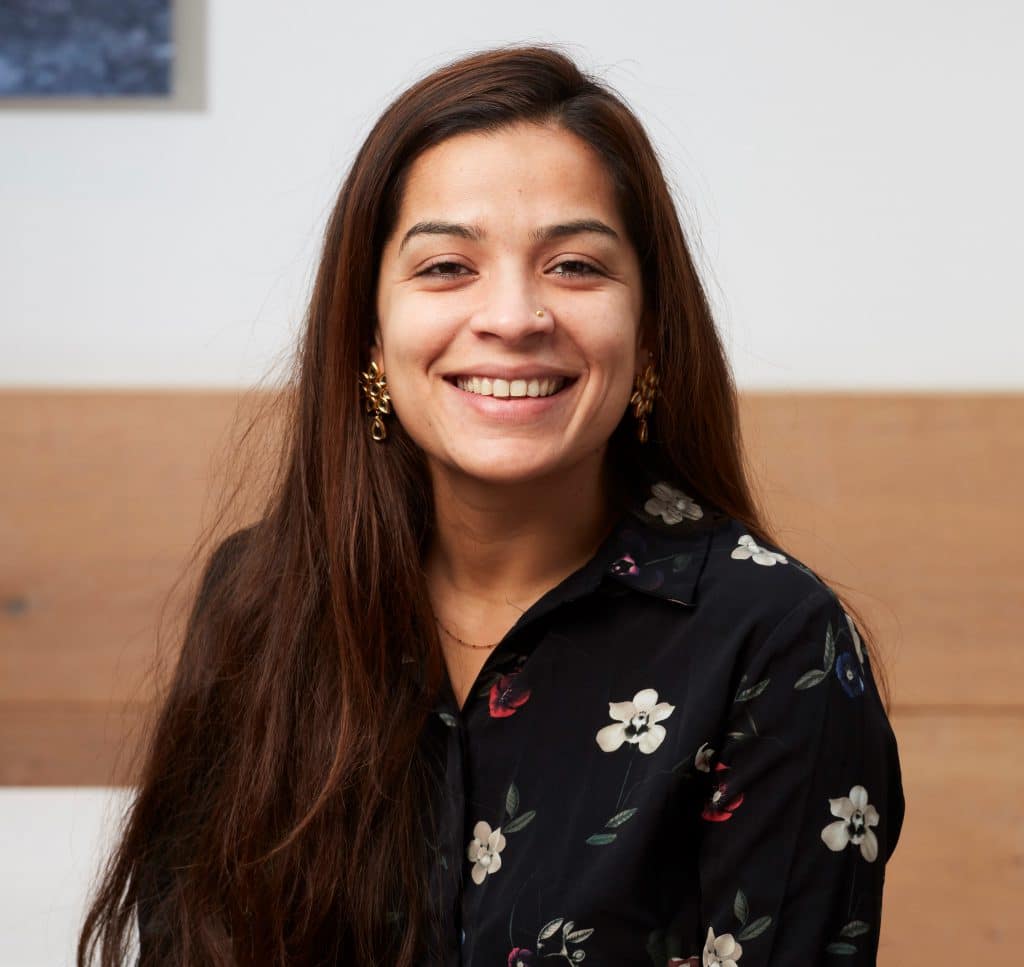
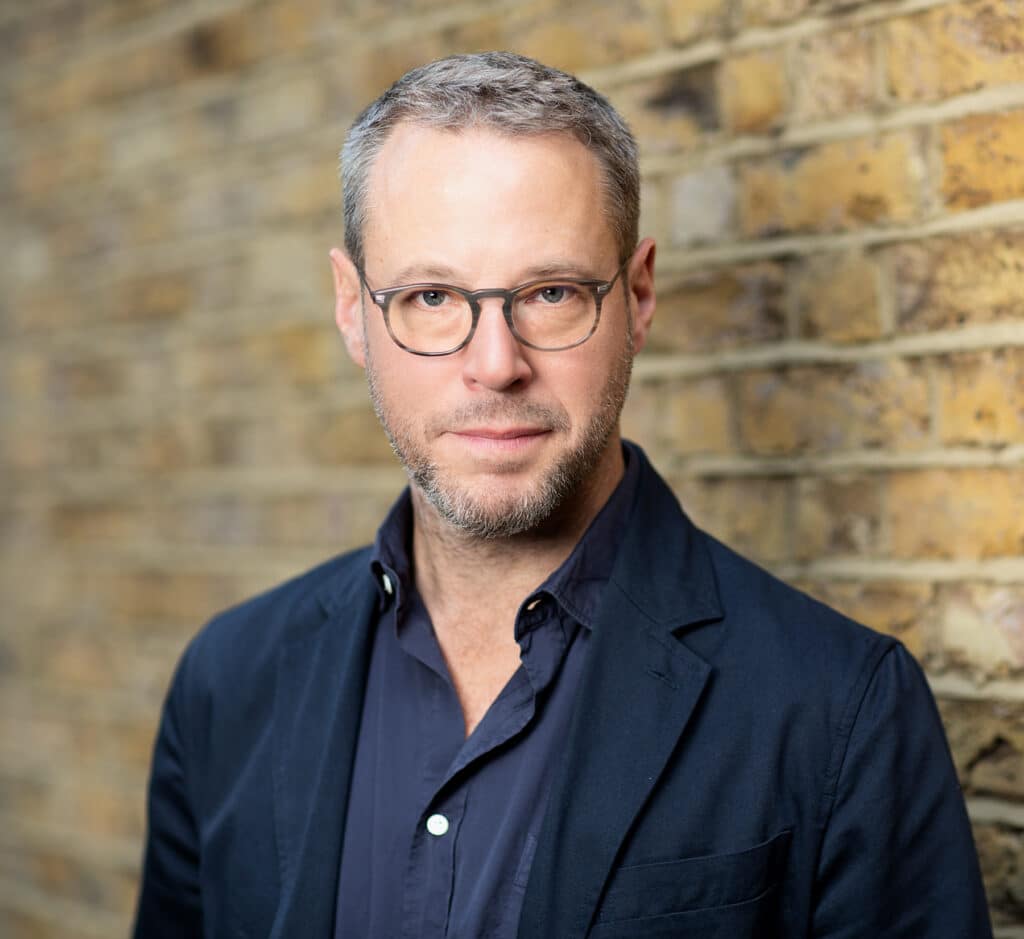
Authors: Kamna Muralidharan (Chair) and Ben Cairns (Director)
Across all of our work, we aim to ensure that people’s voices are heard in a way that reflects their experiences. This principle lies at the heart of action research, where the emphasis is always on privileging the perspectives of people directly affected and implicated by the focus of research. That has been the IVAR methodology since our establishment in 2000.
Questions about power, and identity, have always been present in our work. On the one hand, we have institutional power, as an organisation with particular advantages – core funding; access to decision-makers; an established reputation in the sector. On the other, many of the people we work with and alongside feel a lack of agency: small, underfunded organisations; charity staff and volunteers doing difficult work on complex issues in local communities; and people directly affected by financial hardship, racial injustice, and exclusion from decisions that affect their lives.
At this moment of great uncertainty and upheaval, entering another recession, we are seeing a plurality of views and strategies about power in our sector: from sharing to shifting, from relinquishing to taking. Perspectives about what matters most vary within and across organisations and communities: one person’s transformation is another person’s timidity. At IVAR, our approach is to embrace this plurality, recognising that there are multiple entry points to, and levers for, change. For us to be relevant and useful, we exercise great care in everything we do, striving to act with integrity and authenticity, using our assets for public benefit. It involves working in ways that feel aligned with our charitable objects, our diverse experiences, the potential of research to be useful and usable, and the responsibility we feel to the communities and causes we serve. Above all, it means resisting and countering the notion that we might somehow be best placed to prescribe solutions to problems that are not ours. We are not. Our place, our contribution, is to open, and then hold open, channels and opportunities for the voices and experiences of people furthest from power to be heard – and to become influential. That is the essence of our approach to action research.
That is why, over more than 15 years, we have retained an unwavering focus on the importance and value of unrestricted funding: it is what charities tell us would make most difference. Why, in our commitment to supporting the development of the next generation of activists and researchers, we initiated The Jane Hatfield Award in partnership with the Ubele Initiative. Why we are working jointly with Wirral Older People’s Parliament and other local organisations in the area to address the isolation of older people. And why in the process to hold funders to account for their eight commitments to Open and Trusting Grant-making, charity leaders led the discussions. IVAR acting as facilitator, partner and conduit.
At IVAR, we are committed to holding space for, and balancing, the rigour of action research with a focus on equity and empowerment. This means ensuring that how we do the work is inclusive, responsive and recognises the agency and strengths of the people participating in research.
Kamna Muralidharan (Chair)
Being a white, privately educated man has given me a certain kind of power throughout my 35 years of working in the voluntary sector, particularly in relation to access and opportunity. Through our work at IVAR, I am committed to using this privilege to ensure that more and different voices are heard. Letting people speak for themselves. And never losing sight of the importance of continually learning and re-learning how to do this well.
Ben Cairns (Director)
This isn’t to say that our approach is perfect – or even, that there is a perfect approach. Through all our work, we continue to listen, learn and adapt to reflect the needs and views of those we work with.
Currently, our focus is on:
- Shifting control to funded organisations
- Applying an equity lens to grant-making
- Creating opportunities to rebalance power
You can read more about each theme by clicking the boxes below. If you would like to discuss any of the work mentioned, or express interest in helping to inform/shape IVAR’s future work by joining one of our Steering Groups, please get in touch via enquiries@ivar.org.uk
Perspectives on power
Unrestricted funding is the single most powerful thing that funders can do to support charities. It enables us to be agile and decisive in dealing with the ever-changing demands of the current uncertainty, while planning as best we can for whatever the future holds.’
Charity perspective, IVAR 2020 – 2021, Covid-19 briefing series
Unrestricted funding goes with a trust-based approach, empowering and trusting funded partners to decide how best to spend the money to further their mission. It represents a real power shift.’
Aanchal Clare, former Trustee at the Peter Minet Trust for the ‘The holy grail of funding: Why and how foundations give unrestricted funding‘.
Too many young people are disadvantaged because of their lack of connections, knowledge, understanding of ‘the system’, or financial constraints – reflecting the wider context of reducing social mobility. One Southwark is aiming to increase access to opportunities by helping to overcome these barriers. We help young people with finances, connections, knowledge and confidence to enable them to increase their life chances. We do this by providing direct support for young people and through collective action, where local agencies come together to respond to what young people want to see changed.’
Will Cole, Programmes Director at One Southwark for a blog on supporting young people through a place-based coalition.
Many NHS Trusts are adapting existing volunteer roles to young people’s needs and skillsets, and focusing on quality rather than quantity of hours (for example, matching up young people to tailored roles). Teams have developed spaces for young people to share their hopes for volunteering, as well as share feedback about their experiences within different roles. These feedback loops allow staff to think carefully about each young volunteer on an individual basis and how to create a motivating environment for them. Some Trusts have developed young volunteer engagement groups and Young Person’s Advisory Groups (YPAG) – these are spaces for young volunteers to come together to discuss their experiences at the Trust and to shape future volunteering roles. Young volunteers describe these groups as a way to ‘get young people’s voices heard’ and aim to ‘make the hospital more young-person centred and accessible‘
Annie Caffyn, Senior Researcher at IVAR for a blog on creating enabling environments for young people in hospital settings.
The charitable sector is infused with individuals passionate to establish meaningful change. It’s fantastic to witness the consistent support being provided by various organisations seeking to address different issues. However, due to the fast-paced nature of the work, we often take for granted the language we use in our environment. This jargon, which is second nature to us, can be a new challenge for an applicant or worker just beginning their career in this area. Moving forward, we, as grant funders, should be asking if our language gatekeeps information from new applicants and workers. How can we ensure that our processes are as transparent as possible? Whilst there is not one specific answer, I think this question should always be at the forefront of our work.’
Kian Goodsell, former 2027 Impact Associate at The Seafarers’ Charity for ‘Giving learning a seat at the board table‘.
Shifting the power is about adapting our processes so that they are accessible, simple, using clear language in the application process. We are being more trusting, flexible, and taking more risks as funders, to get the money to organisations doing good work. With of course, due diligence, safeguarding and gate keeping processes in place. Funders cannot say they are shifting the power without being flexible and taking more risks in their grant making.’
Community Foundation Northern Ireland case study for ‘Sharing power in grant-making‘: reflections on the intermediary funding programme ‘Shift the power‘ by Comic Relief.
It is important to trust organisations and see that they know the best way to carry on their service delivery for their users. We have tried to stick to the belief that as long as there are similar principles and outcomes and they are responding to new needs, it is best to trust them to do the right thing.’
Groundwork UK case study for ‘Sharing power in grant-making‘: reflections on the intermediary funding programme ‘Shift the power‘ by Comic Relief.
Trust that we’ll use funding in the best possible way, and don’t expect us to run new, exciting projects all the time – we need to keep running our core services.
Open and Trusting charity reviewer, accountability process 2022.
Working in communities
Working alongside local partners in a complementary way has been central – our role was to draw out the strengths and assets of our partner organisations. It has made us reflect even more on our approach, positionality and identity as we sought to add value.
Eliza Buckley, Director of Research at IVAR
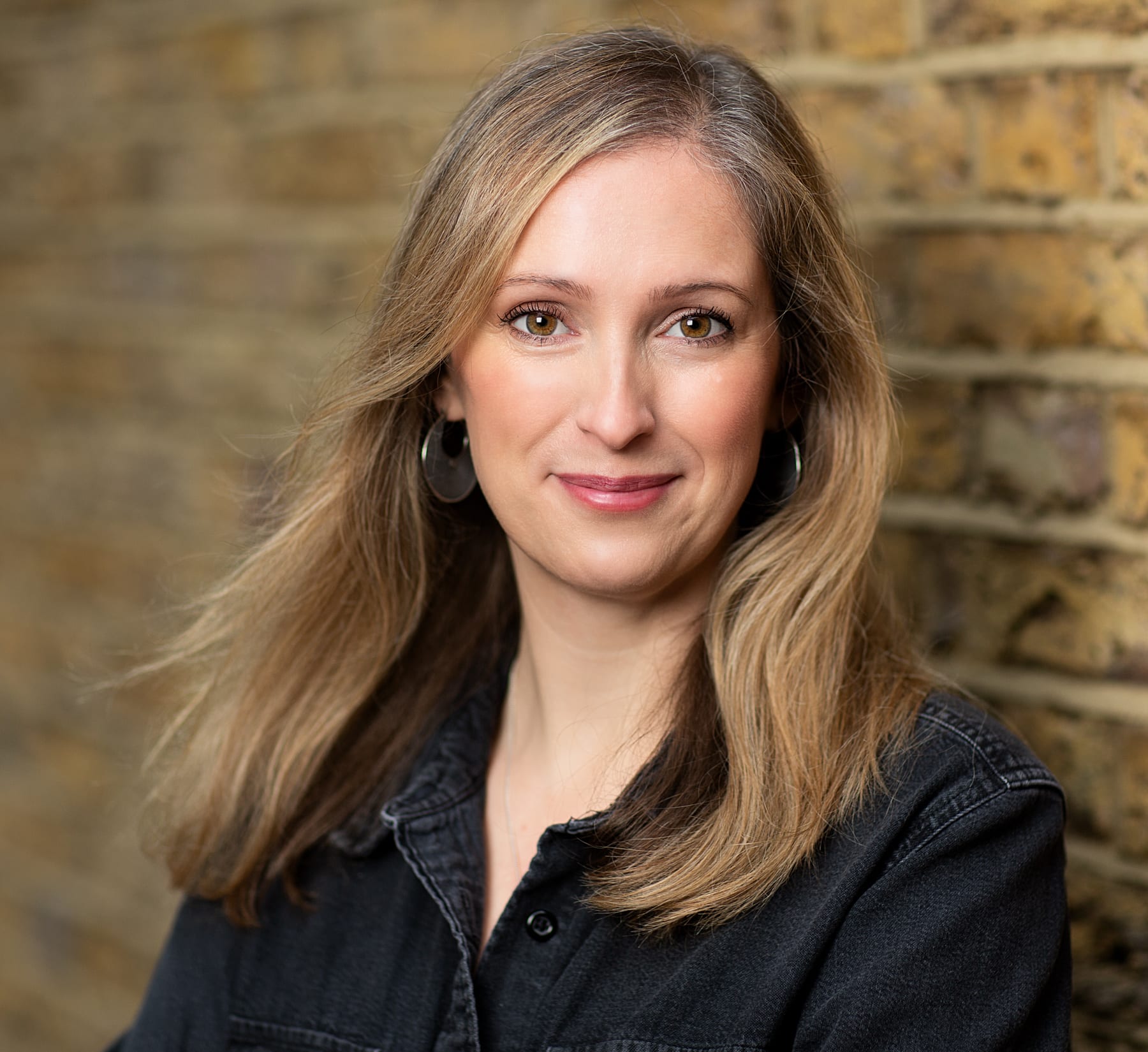
What is IVAR’s role in supporting Black or minoritised communities?
Eliza shares our learning on what IVAR’s role could be in supporting Black and…
Be intentional when inviting community members to spaces – ensuring that you are actively promoting more inclusive, challenging and meaningful discussions. Create encouraging spaces where everyone feels they can equally contribute to the discussion and feel heard.
Dr Vita Terry, Principal Researcher at IVAR
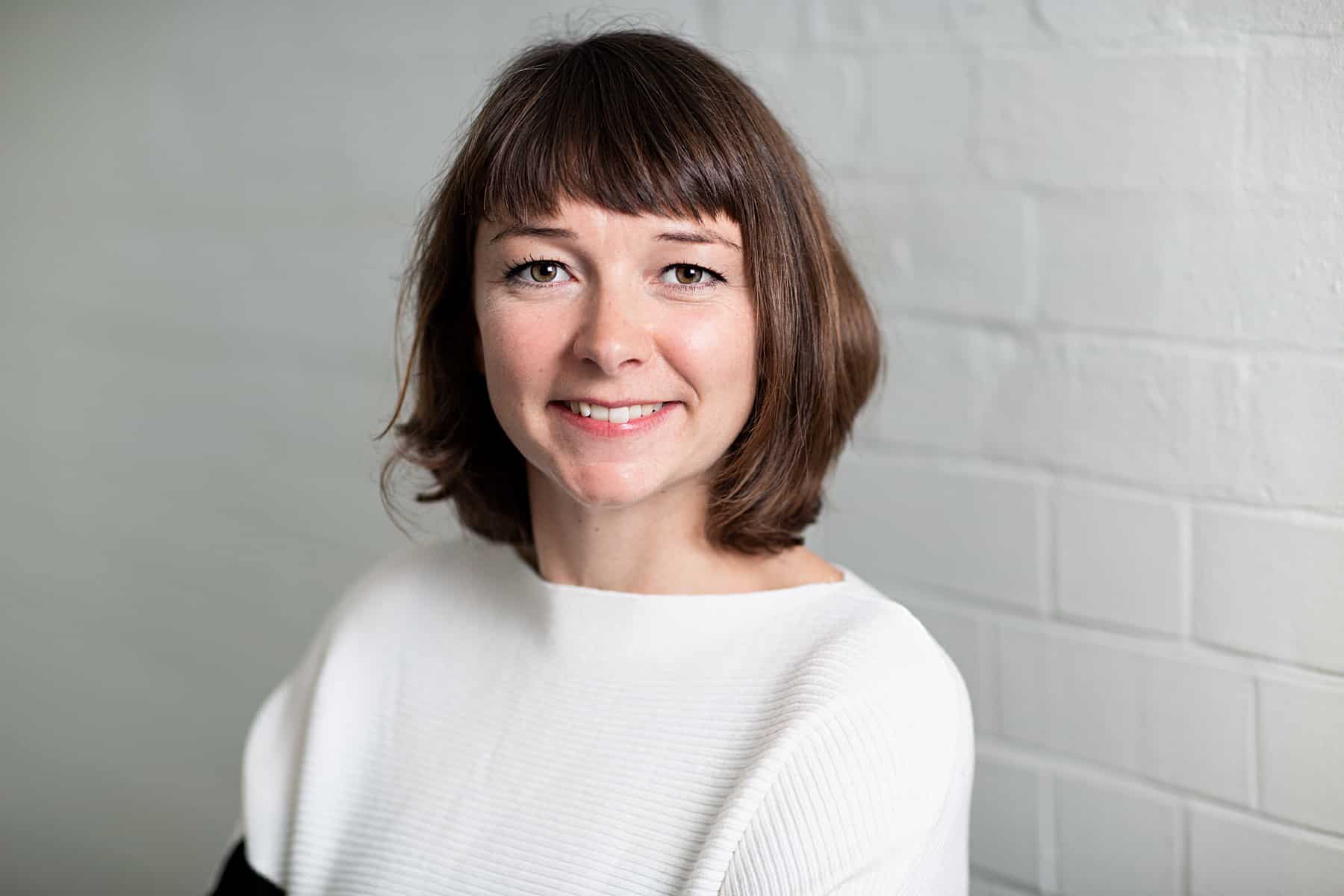
What we’ve learned about rebalancing power in community settings
Four key insights from the Community-led Social Justice project.
Case study: Community Leadership Academy
The Windmill Hill Big Local partnership are based in the Windmill Hill area of Runcorn in Halton. They are one of 150 English neighbourhood partnerships that receive capacity building support and funding through the Big Local programme from Local Trust. These partnerships are resident-led, run by volunteers, and aim to create a positive change in their local communities. They also participated in The Community Leadership Academy also supported by the Local Trust which aims to develop the leadership skills of nominated members and bring learning back to their Big Local area to support community-led change. The partnership members share the difference made by Big Local funding and the Community Leadership Academy.
Resources from others
Contribute your thinking
We’re looking for views and resources to help charities, foundations and public agencies think about power and equity in the context of their work. If you’d like to contribute to our website, please get in touch by contacting Natalie on natalie@ivar.org.uk.
